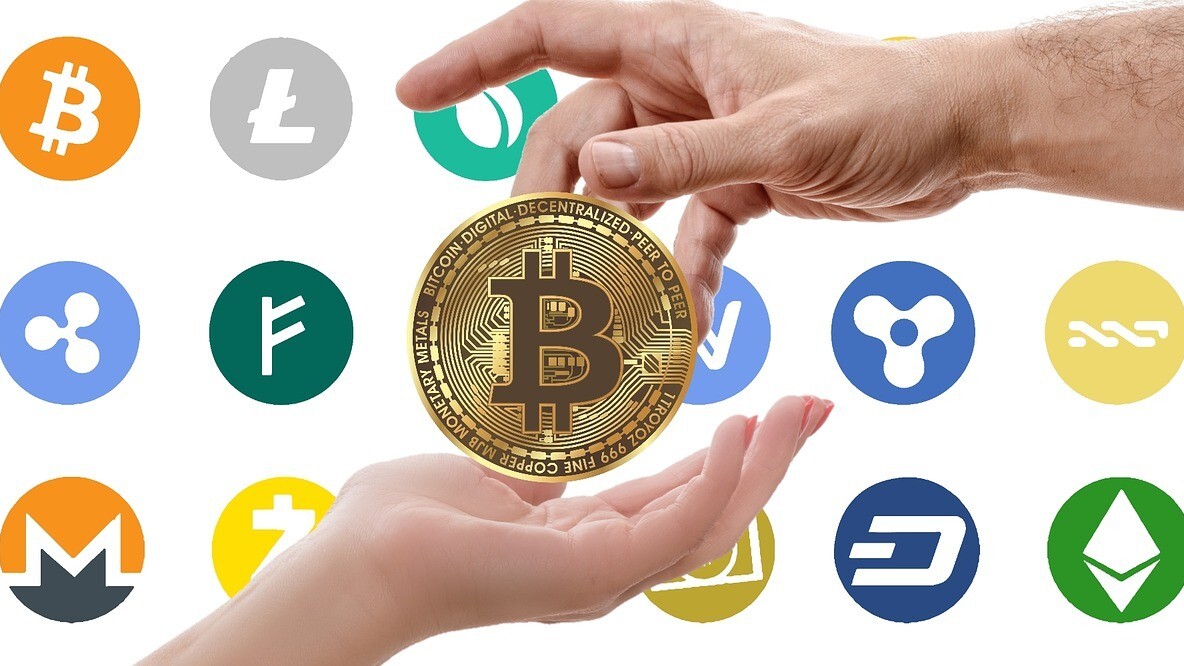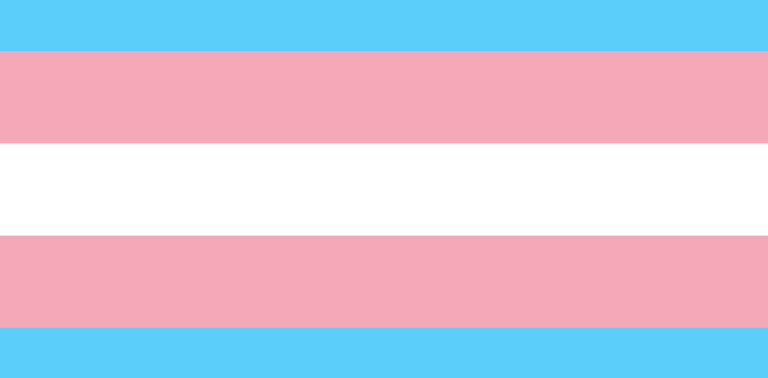New technology often creates a chasm between those who have and those who do not. You don’t see a great need for mobile food delivery or dog walking service apps in impoverished countries. Nor is there much demand for driverless cars in regions with no roads. However, one area where technology has the potential to help those living in underdeveloped parts of the globe is digital currency.
There is a genuine need for a secure way to make digital payments and loans for small transactions. The technology is greatly needed in regions where most people are poor (by developed country standards), and the majority do not have bank accounts or credit cards. A sizeable percentage of the world’s population fits into these categories and could use the help.
Today, two billion adults are unbanked and do not have any account to conduct financial transactions, according to The World Bank. Looking deeper into the situation, only 41 percent of adults in developing economies have an account—and that number drops to just over 20 percent among adults living in extreme poverty, according to the Bill and Melinda Gates Foundation.
Essentially, people in these regions rely on cash and bartering to conduct their business from accepting payment for services and goods to paying for everything including food, shelter, and healthcare.
The problems with this approach is that these financial methods can be insecure, expensive (money transfer rates can be as high as 20 percent), and complicated to use. And they may not be accepted for essential items and services. An additional consequence for people who are unbanked is that they cannot get credit. Lacking formal financial relationships or a bill payment history, no institution will lend them money.
Innovative workarounds embraced
As the old saying goes, necessity is the mother of invention. That is indeed the case with the ways people have found to get around these cashless society problems.
A prime example is what has happened in Sub-Saharan Africa. Mobile phones are widely used; the region is expected to have 500 million cell phone subscribers by 2020. And many cell phone owners take advantage of mobile money features. In fact, Gabon, Ghana, Kenya, Namibia, Tanzania, Uganda, and Zimbabwe now have more than 40 percent of adults as active mobile money users, according to the GSM Association.
Over time, users have gone from mobile money primarily being used to top-up airtime and make person-to-person (P2P) transfers to becoming a platform that enables additional financial services, including bill payments, merchant payments, and international remittances.
“Mobile money is now achieving mass-market adoption in all corners of Sub-Saharan Africa, enabling millions of people to access financial services for the first time and contributing to economic growth and social development,” said Mats Granryd, Director General of the GSMA. “Mobile operators in the region today are using mobile money to create new financial ecosystems that can deliver a range of innovative new services across multiple industry sectors, including utilities and agriculture.”
Meeting growing demands
Are there other technologies that could enable the same significant changes as that seen with Sub-Saharan Africa mobile payment methods?
A recent report on the “35 Big Tech Predictions for 2018,” published by BI Intelligence, hints at what might be on the horizon. Rather than trading prepaid minutes, the report ranked “cryptocurrencies becoming more widely adopted” and “payment security becoming paramount” as two of the top things to expect this year. For the unbanked in developing countries BitMinutes fits into both categories. BitMinutes is a blockchain-powered P2P payment service with features similar to Venmo. Unlike Venmo, which only supports U.S. residents, however, BitMinutes is targeting the unbanked in mostly developing countries.
BitMinutes are encrypted tokens powered by P2P Cash’s proprietary Smart Token technology. The tokens are exchangeable for prepaid airtime minutes. The BitMinutes platform uses blockchain technology to provide financial services to unbanked people on a global scale.
“BitMinutes as a blockchain-based token technology is focused on bringing affordable yet profitable financial services to two billion unbanked consumers in underserved economic communities worldwide,” said BitMinutes CEO Tom Meredith at the recent North American Bitcoin Conference. “BitMinutes are exchangeable for prepaid airtime minutes, which are already becoming a generally accepted informal currency within most of the communities we will be targeting.”
Why cryptocurrencies will survive in Africa
It’s hard to expect wide cryptocurrency adoption in a continent where a significant percentage of the population do not have bank accounts, but several indications show that cryptocurrencies will survive in Africa.
First, the fact that more than 40 percent of adults actively use mobile money and P2P payment systems in most parts of Africa indicate that low usage of bank accounts isn’t mainly a technology issue. Second, Bitcoin and other cryptocurrencies are already achieving wide appeal in several African countries: in Nigeria, for example, P2P Bitcoin trading increased by about 1,500 percent in 2017 — a percentage only surpassed by China on a global scale.
In Zimbabwe, a country that experienced a currency crisis that saw its economy collapse, citizens turned to cryptocurrencies as a store of value, and the African nation once had the highest Bitcoin prices in the world. In South Africa, over 1,000 merchants already accept Bitcoin as a means of payment. Finally, the huge projected growth in cell phone usage in Africa is only good news for cryptocurrency adoption.
Get the TNW newsletter
Get the most important tech news in your inbox each week.






